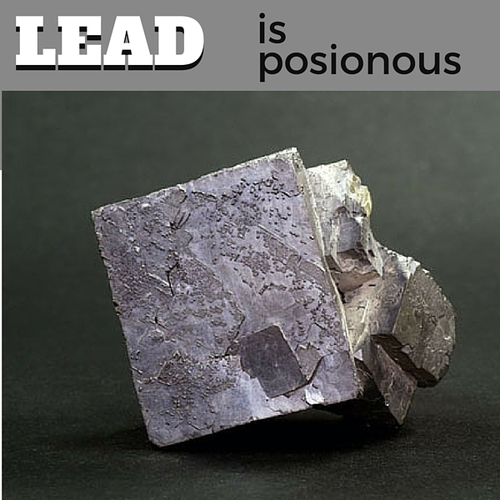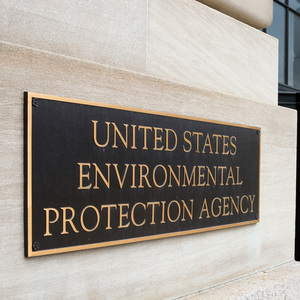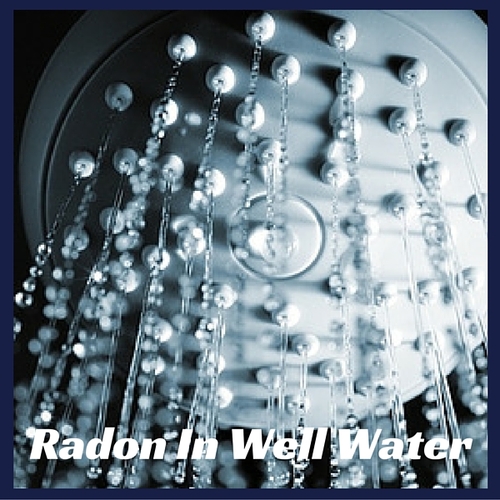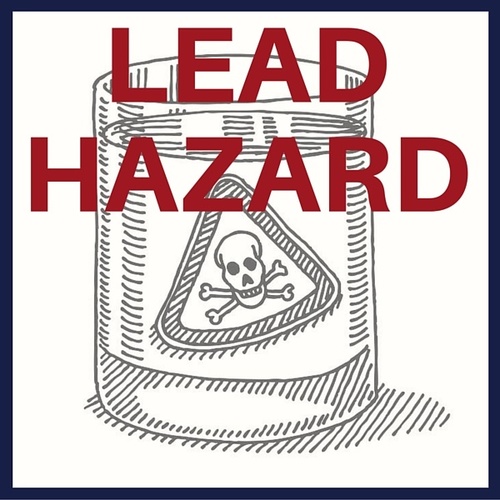CALL TODAY 1-800-441-6281
04/09/2021
If you receive your water from a private well, you’re responsible for the quality and safety of your home’s water supply. The EPA recommends annual testing to ensure the health of your well. One important well water test to include annually is a lead test. This is necessary for every occupant in the home, but if you have infants or small children, testing should be a priority.










